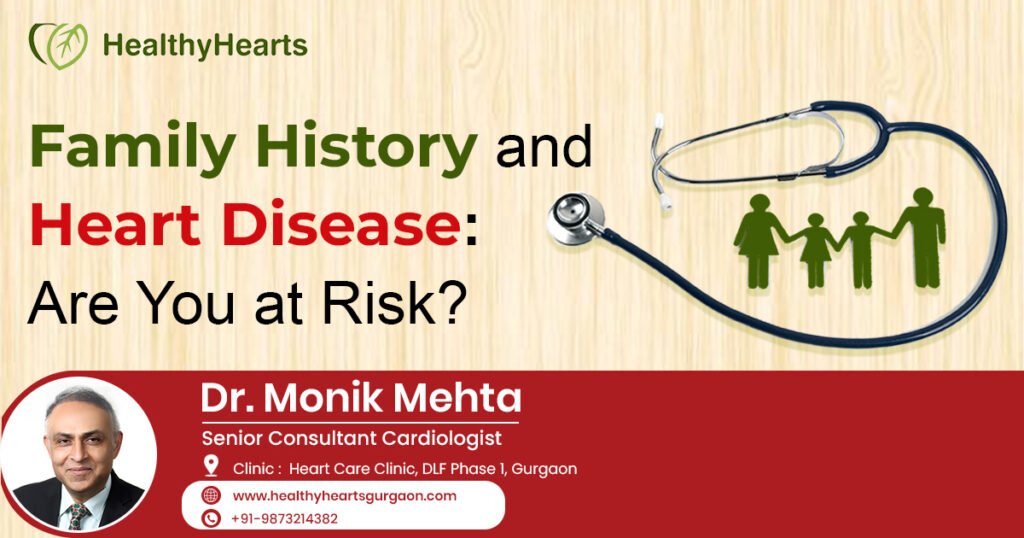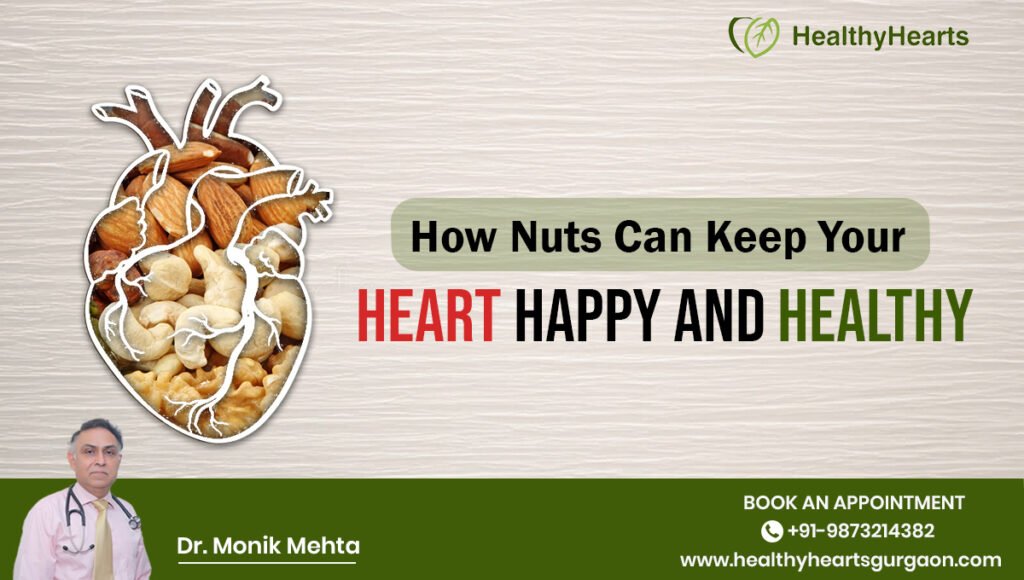There are several dietary supplements that promote cardiovascular health and a healthy heart. These supplements, which range from well-known omega-3s to the lesser-known coenzyme Q10, promise heart health benefits. However, there is a dearth of supporting scientific evidence.The following provides a quick summary of the science and benefits of what is currently known regarding their efficacy. Fish Oil (Omega-3 Fatty Acids) Fish oil contains the omega-3 fatty acids eicosapentaenoic acid (EPA) and docosahexaenoic acid (DHA), but the proportion of each varies with formulation. Although fish oil can successfully lower blood triglyceride levels, it is unclear whether this reduces the risk of cardiovascular disease. The question of whether fish oil reduces the risk of cardiovascular disease (CVD) while lowering cholesterol levels in blood tests is even more contentious. Although previous studies suggested that fish oil has cardioprotective effects, a meta-analysis of subsequent trials found no meaningful reduction in outcomes. A meta-analysis of patients with existing CVD similarly failed to identify any advantage. The difference between older and newer trials may indicate that fish oil offers only a minor benefit in CVD, which has been overshadowed by more recent therapies (for example, statins). Fortunately, omega-3 fatty acids have been shown to be relatively safe, however, they may raise the risk of bleeding and should be used with caution in individuals taking aspirin or anticoagulants. Niacin Niacin or Vitamin B3 has been shown to reduce total cholesterol and low-density lipoprotein concentrations (LDL-C), although it does so less effectively than statins and has not been associated with comparable reductions in cardiovascular events. Although niacin also decreases triglycerides and increases high-density lipoprotein concentrations (HDL-C), these effects have not conferred improvements in cardiovascular outcomes among patients receiving statins.5 Moreover, its use for this purpose increases the risk of adverse effects, including impaired glucose control, gastrointestinal disturbances, and musculoskeletal effects.6 Although niacin may still have a role in patients with challenging dyslipidemias, its use should be limited to clinicians who specialize in this area. Of note, inositol hexanicotinate (IHN) or “flush free” niacin does not demonstrate lipid-lowering properties and should not be used for this purpose. Additionally, sustained-release formulations have been associated with an excess risk of hepatotoxicity.7 Co-enzyme Q10 Co-enzyme Q10 (CoQ10), also known as ubiquinone or ubidecarenone, is a fat-soluble antioxidant synthesized endogenously and involved in a variety of metabolic processes. Supplementation with CoQ10 has been touted for reducing statin-associated muscle symptoms (SAMS); however, recent evidence has shown CoQ10 to have no apparent impact on SAMS.8,9 CoQ10 has also been studied in heart failure for its promising effects on myocardial contractility and exercise performance. However, these trials have shown mixed results and have been subject to significant flaws in methodology.10,11 Current guidelines do not recommend addition of CoQ10 in patients with heart failure.12 Vitamin D Vitamin D deficiency has been shown to have a strong association with CVD, but it is unknown whether vitamin D deficiency contributes to the pathogenesis of CVD or if it is merely a surrogate marker for comorbidities that contribute to CVD.13 Available evidence is contradictory and current recommendations do not support vitamin D supplementation solely for cardiovascular health.14 Supplementation with vitamin D3 has been specifically studied in heart failure patients, showing a modest increase in left ventricular hemodynamic function but failing to influence exercise capacity or other clinical endpoints.15,16 Magnesium Magnesium is commonly prescribed for patients who develop hypomagnesemia as a consequence of diuretic therapy, but it has also been evaluated for a variety of other cardiovascular conditions, including arrhythmias, coronary artery disease, and myocardial infarction. Although correcting hypomagnesemia can reduce the risk of arrhythmias in high-risk patients, its effects on other cardiovascular conditions remains inconclusive.17 Some epidemiologic studies indicate that low serum magnesium concentrations may increase the risk of CVD, whereas others have failed to show an association.18,19 Red yeast rice Red yeast rice is a fermented rice product that may contain monacolin K, an HMG-CoA reductase inhibitor identical to the active ingredient in lovastatin. In the late 1990s, the FDA prohibited red yeast rice products in the US from containing more than trace amounts of monacolin K and began taking legal action against manufacturers whose products were in violation of these regulations. Nonetheless, due to limitations in the agency’s ability to inspect manufacturers of dietary supplements, some products may still contain more than trace amounts of monacolin K as well as the toxin citrinin.20 Red yeast rice products that conform to FDA regulations often consist of proprietary blends of other ingredients that lack proven efficacy in the treatment of dyslipidemia. Antioxidant vitamins (A and E) Contrary to the lack of rigorous evaluation for most dietary supplements, vitamin A (beta-carotene) and vitamin E (alpha-tocopherol) have been studied in large, robust clinical trials.21,22 Both were believed to lower the risk of cancer and CVD, but neither of these effects was observed when compared to placebo. In addition, long-term vitamin E supplementation has been associated with an increased risk of heart failure in patients with pre-existing vascular disease or diabetes.23 Garlic Garlic supplementation has been promoted for modifying cardiovascular risk factors, including hyperlipidemia and hypertension. The active compounds in garlic and their effective doses are ill-defined, and the data available to support the use of garlic are severely limited due to methodological flaws.24 Resveratrol Resveratrol is a naturally occurring plant compound with purported cardioprotective effects attributed to its antioxidant-like properties and salutary impact on serum lipid concentrations and blood pressure. It is believed to be the active component in red wine that confers cardiovascular benefits in observational analyses. However, in controlled clinical trials, supplementation with resveratrol does not alter CVD risk factors or clinical outcomes.25 Flaxseed Flaxseeds contain phytoestrogens as well as alpha-linolenic acid, an omega-3 fatty acid. Some formulations have been associated with improvements in surrogate markers for CVD, such as total cholesterol and LDL-C, whereas others have produced inconsistent results.26 Similar findings exist for its potential effects on blood pressure. To date, no evidence suggests flaxseed has an impact on cardiovascular outcomes.










